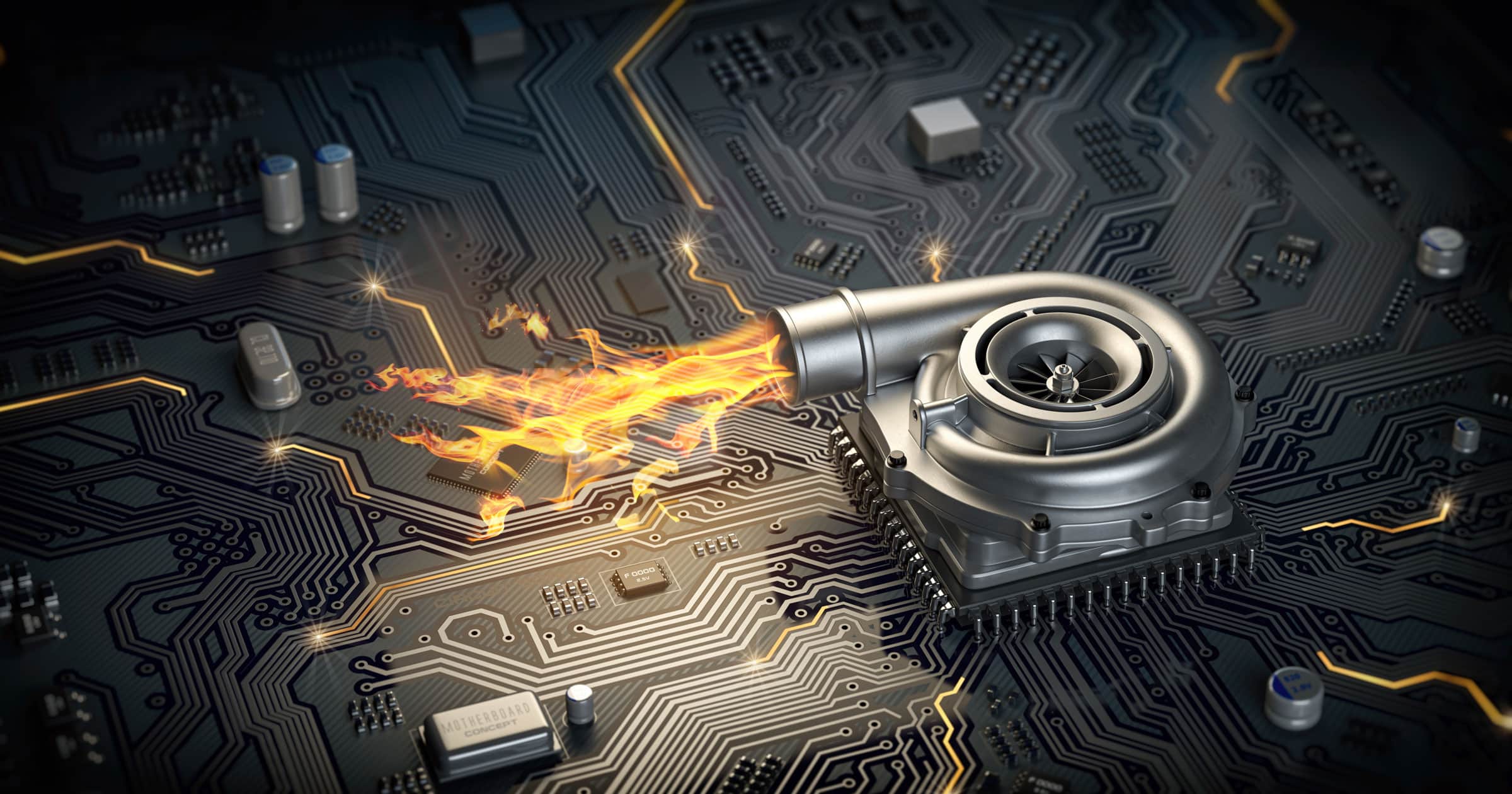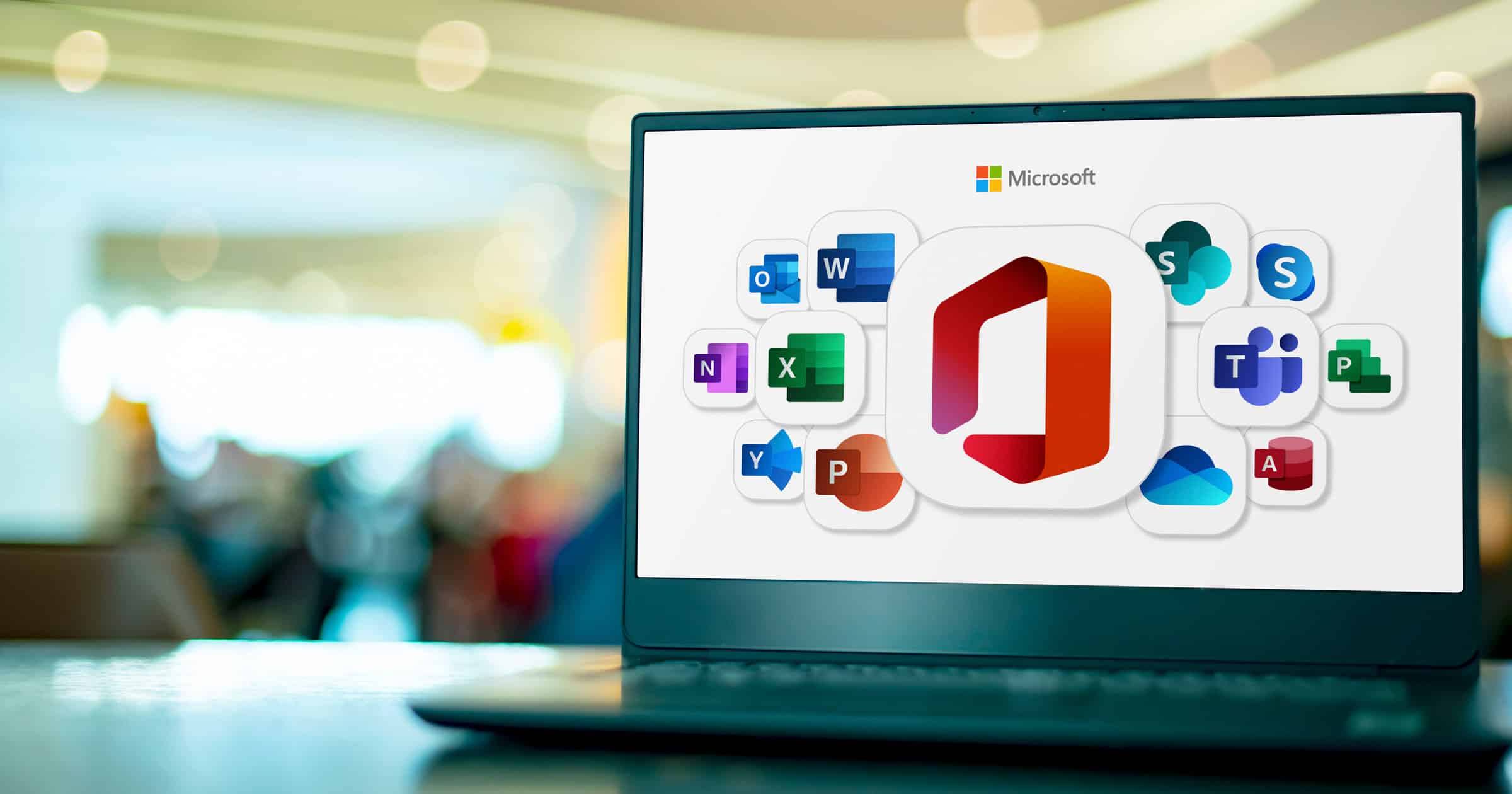Being in IT, we’ve seen and heard it all. Between the campfire horror stories of technicians to the outlandish IT conspiracies and ‘home remedies’ that get passed around, we’ve decided to compile a list of some of our favorite IT and technology myths.
"Turning it Off and On Again Doesn't Do Anything!"
Truth: Rebooting devices can solve a multitude of issues. It clears the system's memory, stops processes that may have been hung, and resets hardware systems. Many IT problems are genuinely solved by a simple reboot, earning this technique its reputation as a universal fix.
"More Bars Means Better Service."
Truth: The signal bars on your mobile device measure signal strength, not necessarily signal quality. You might have full bars but still experience a bad connection due to network congestion or interference.
"Macs Can't Get Viruses."
Truth: While it's true that for years Macs were less targeted than PCs, they are not immune to malware or viruses. As Apple's market share grows, so does the incentive for malicious actors to develop malware for Macs.
"Private Browsing Keeps Me 100% Anonymous."
Truth: Private browsing, or 'incognito mode', does not hide your online activities from ISPs, network administrators, or websites you visit. It mainly prevents the browser from saving your search history, cookies, and form data.
"You Need to Let Your Battery Drain Completely Before Recharging."
Truth: This might have been true for older nickel-cadmium batteries, but modern lithium-ion batteries actually benefit from partial discharges rather than full ones. Frequently draining them completely can reduce their lifespan.
"The Deep Web and Dark Web are the Same."
Truth: While both terms sound ominous, they're not the same. The Deep Web refers to all parts of the internet not indexed by search engines (like private databases, password-protected websites, etc.). The Dark Web, however, is a subset of the Deep Web that's intentionally hidden and requires specific software (like Tor) to access. It's often associated with illegal activities, though it's also used for legitimate purposes in countries with oppressive regimes.
"More Megapixels Means Better Camera Quality."
Truth: While a higher megapixel count can allow for larger prints and more detailed cropping, it's not the only factor that determines camera quality. Lens quality, sensor size, image processing, and other technical specifications play crucial roles in the overall quality of photos. A camera with fewer megapixels but better lens and sensor technology can produce superior images compared to one with just high megapixels.
In the fast-paced realm of technology, where myths swirl and misinformation spreads, staying informed and discerning fact from fiction is paramount.
Enter The Nerds That Care. More than just tech enthusiasts, we’re your beacon in the digital fog, committed to illuminating the truths and debunking the myths. Dive into clarity with us; let’s decode the enigmas of the tech world together.
Your tech odyssey deserves a trustworthy guide. Reach out today and embark with The Nerds That Care. Let’s elevate your tech journey!











